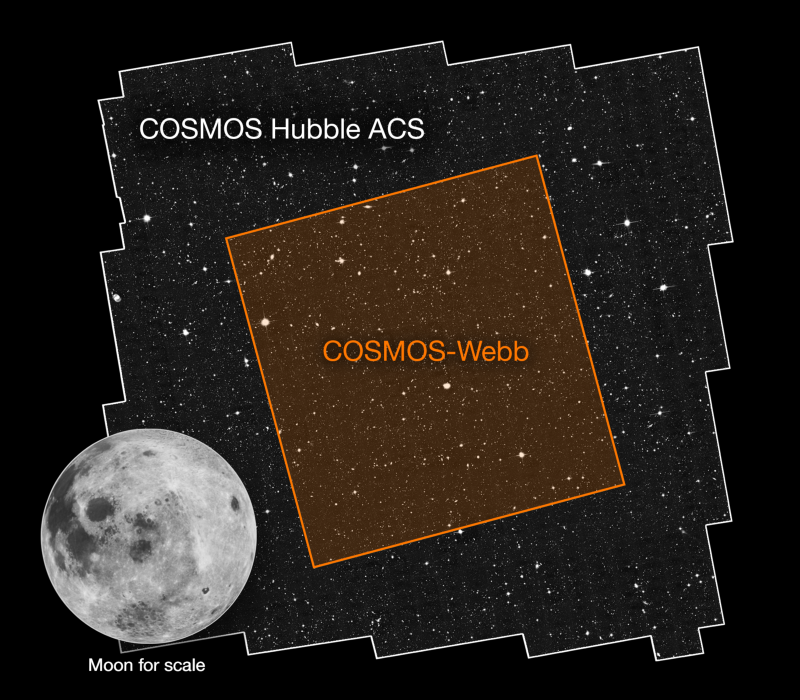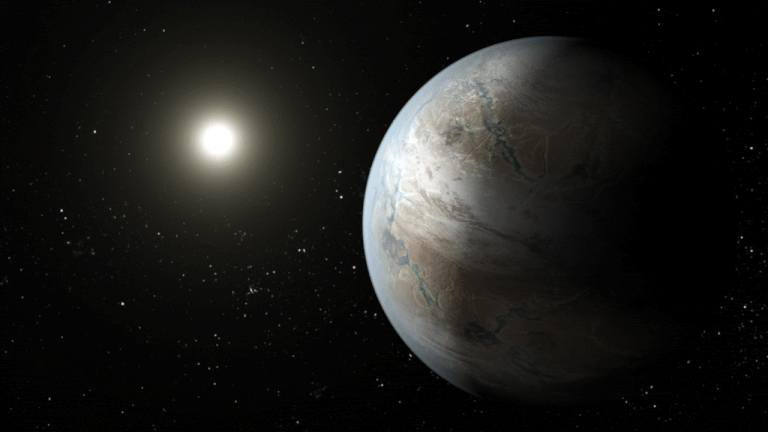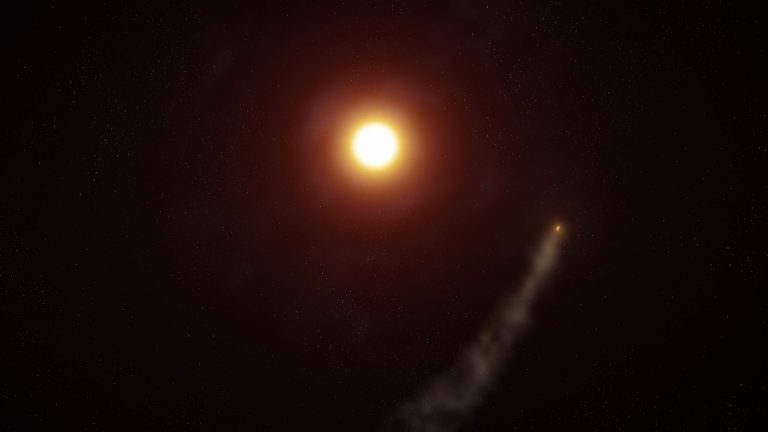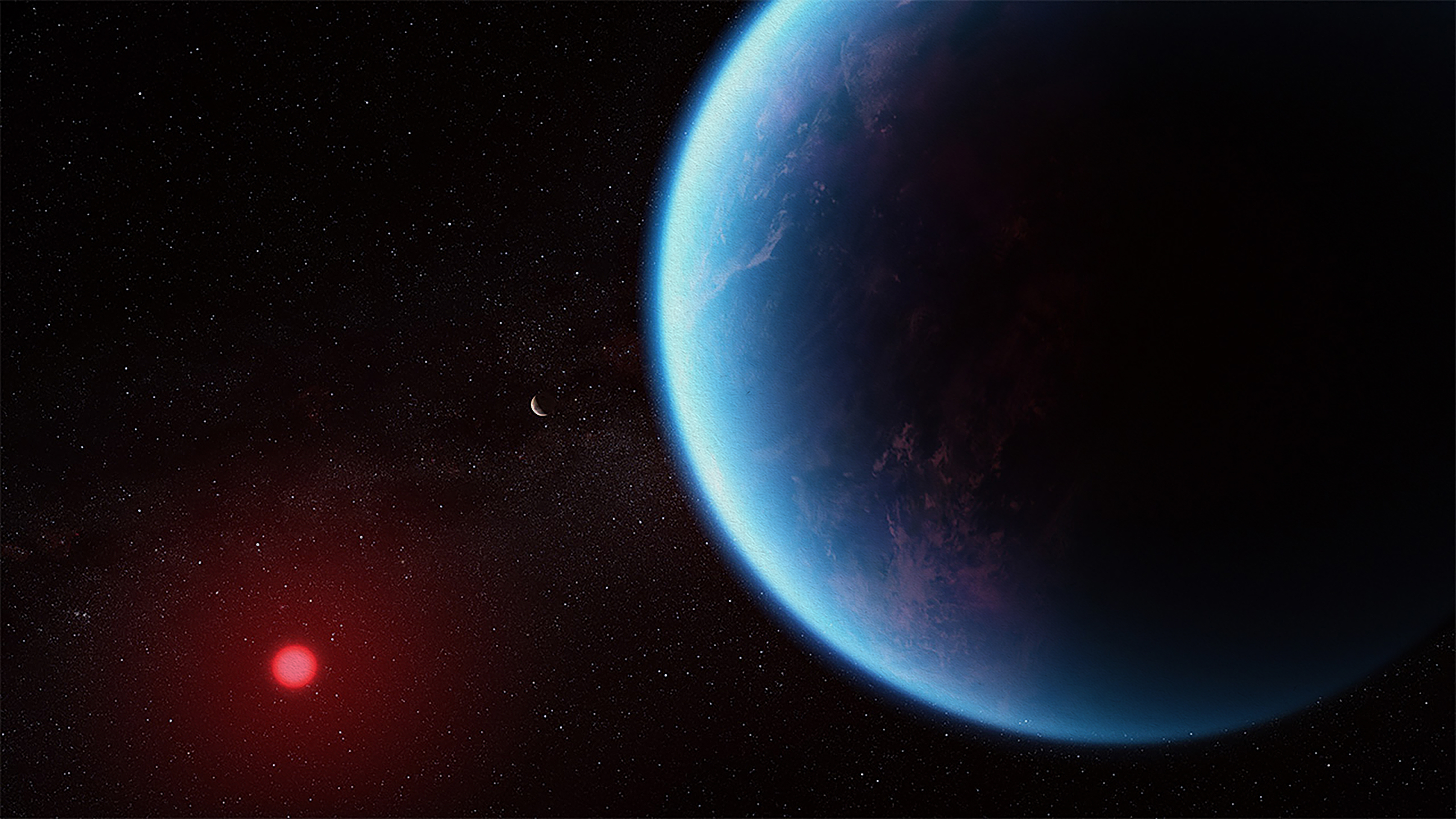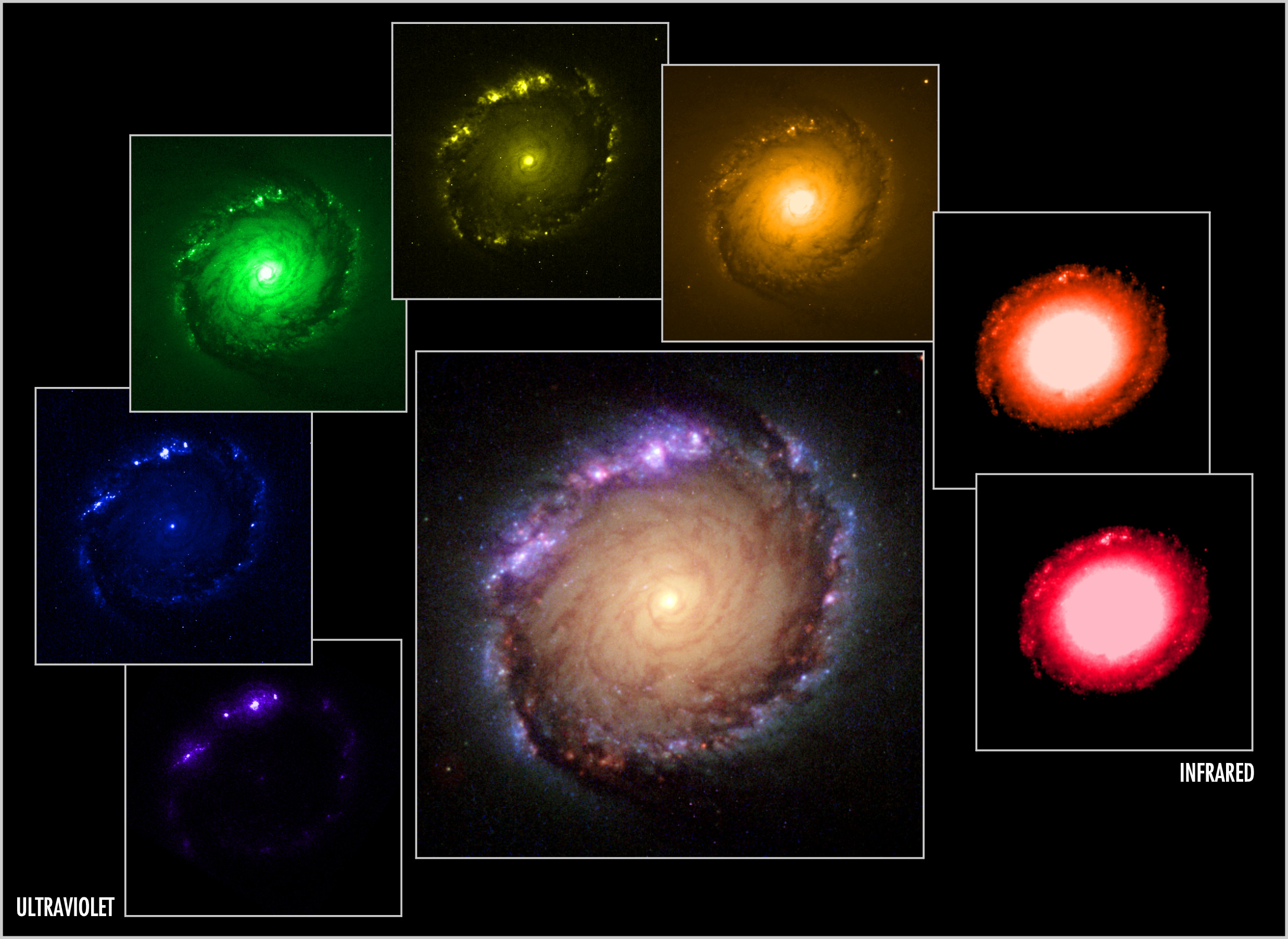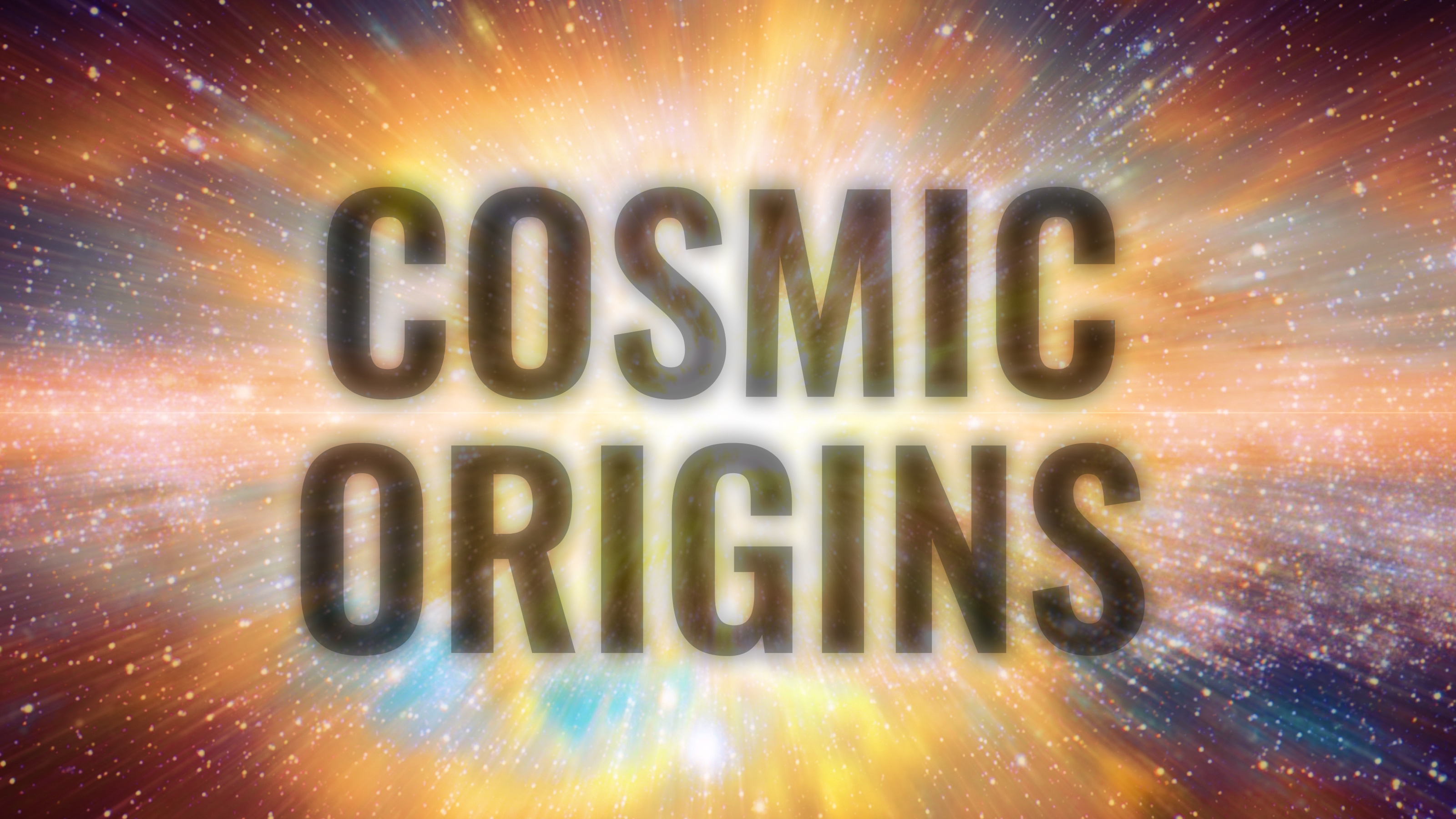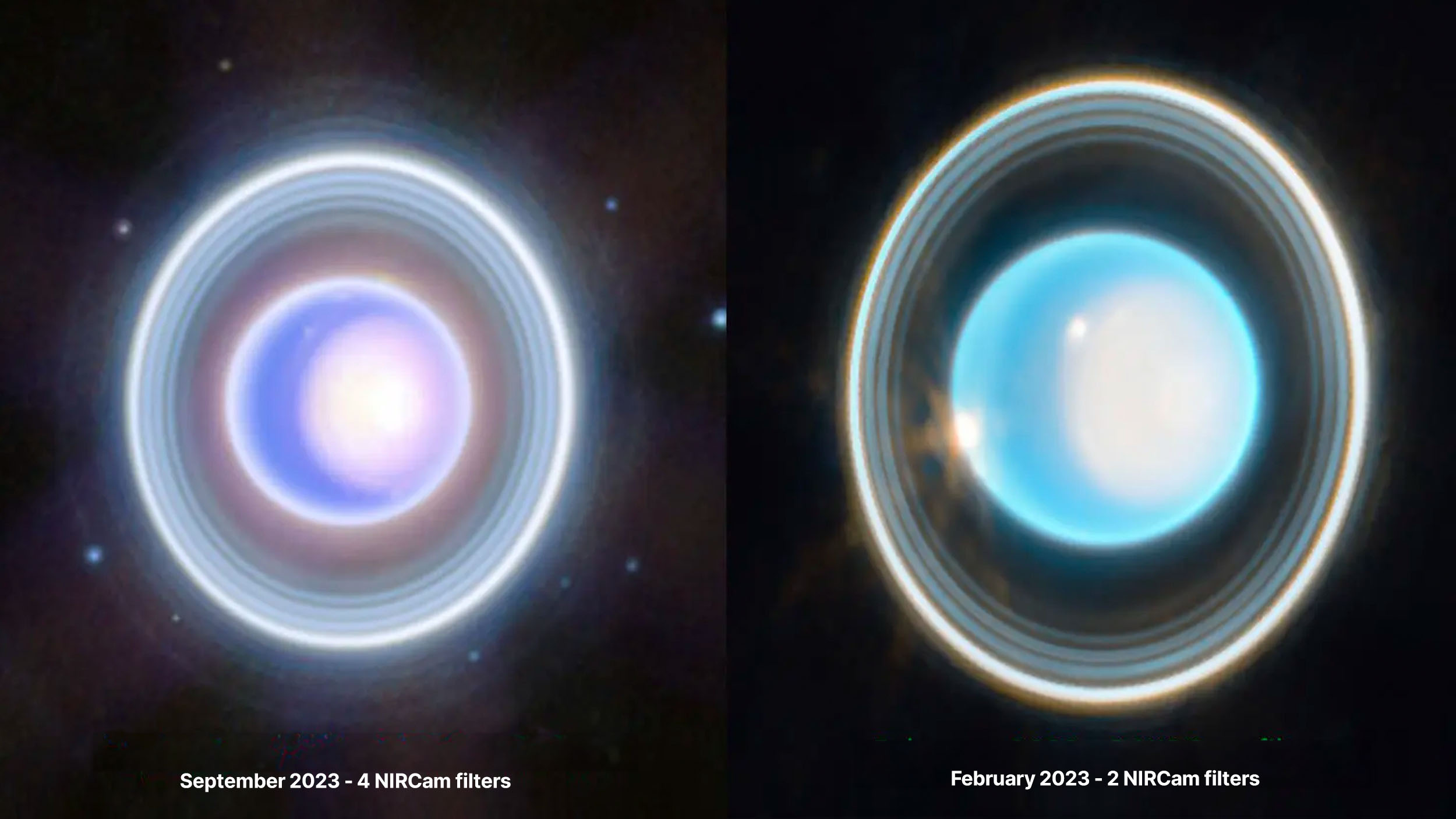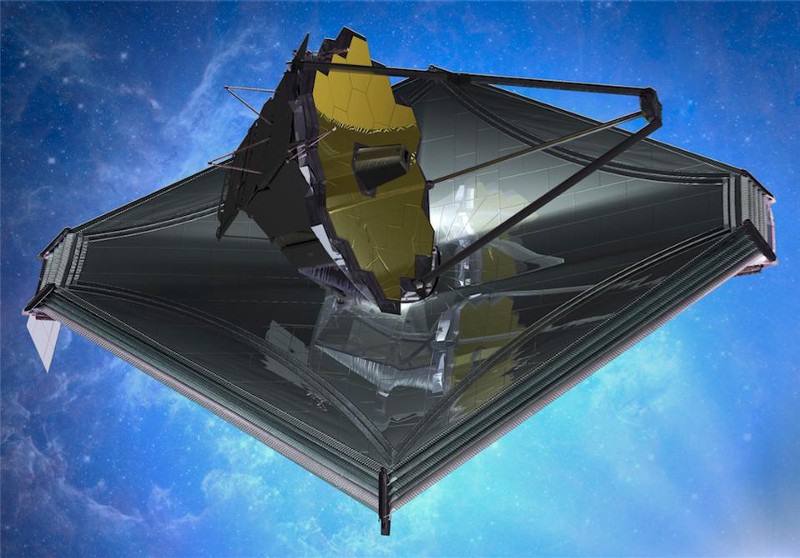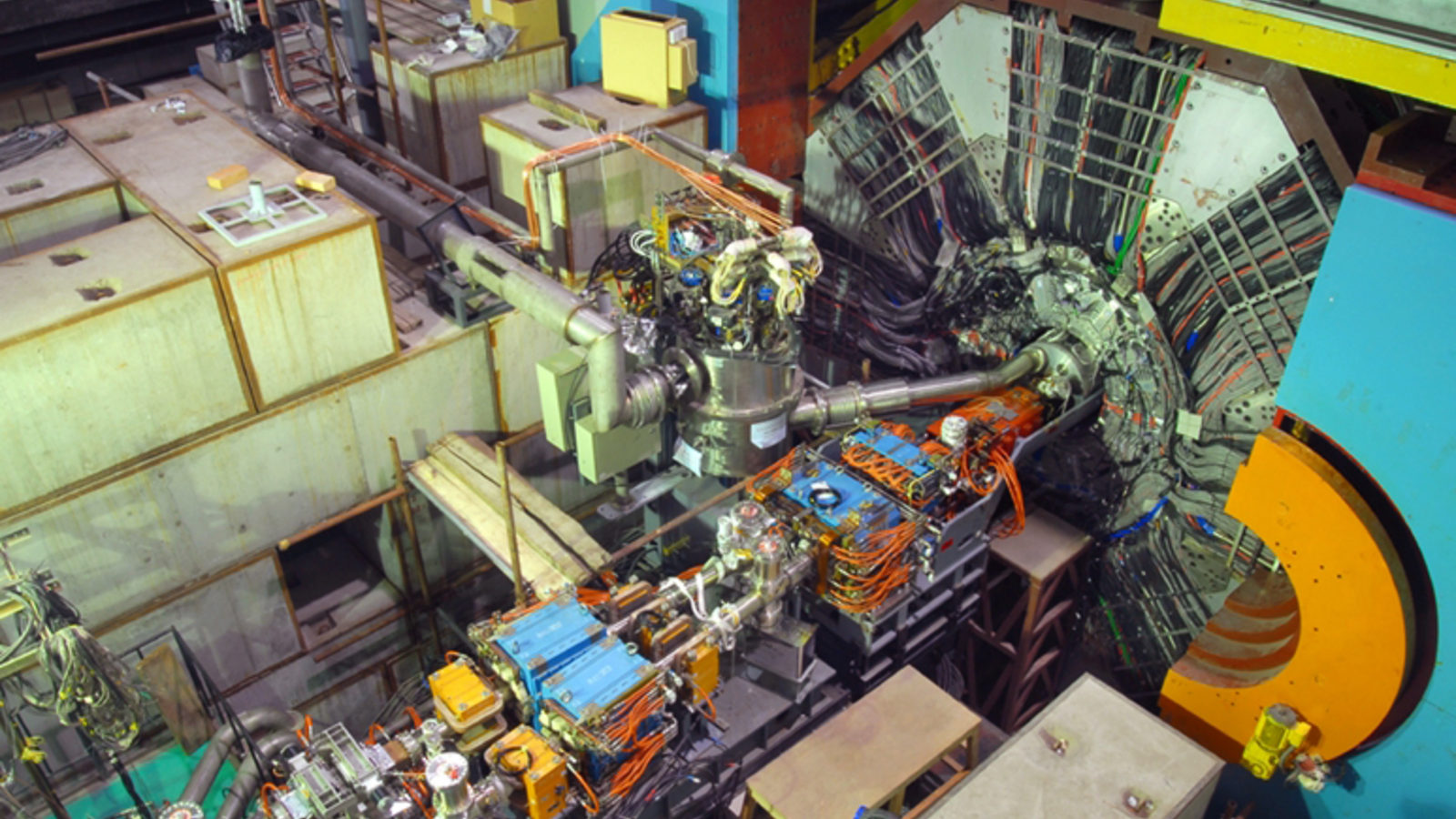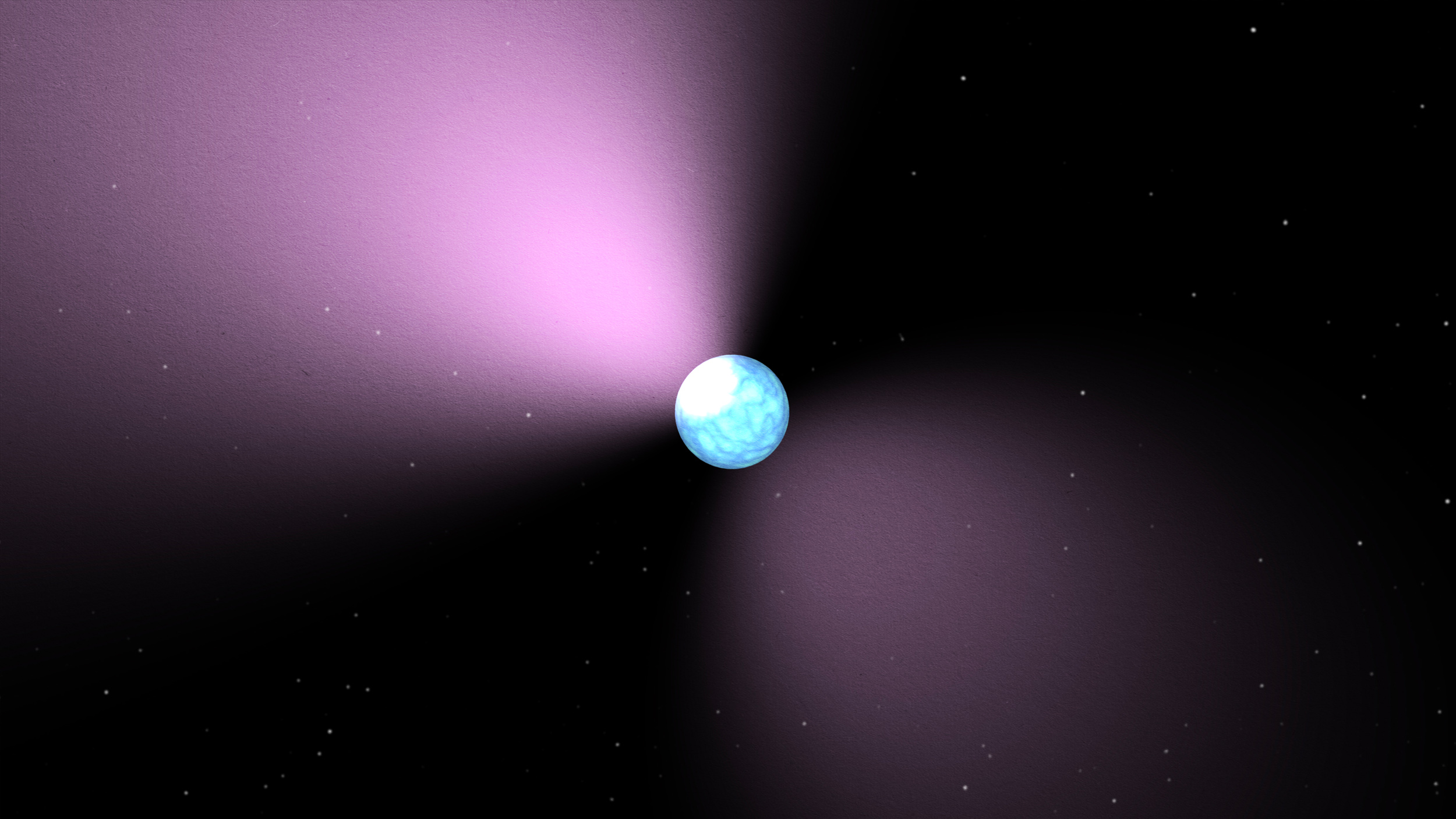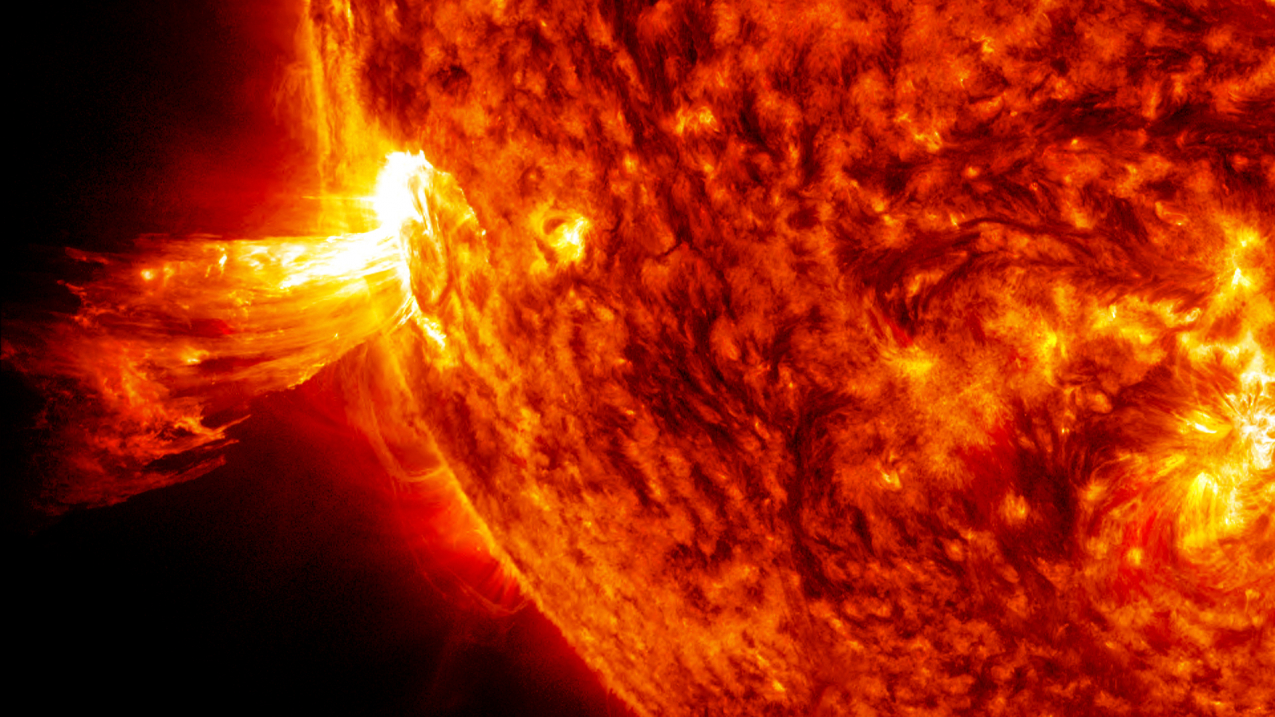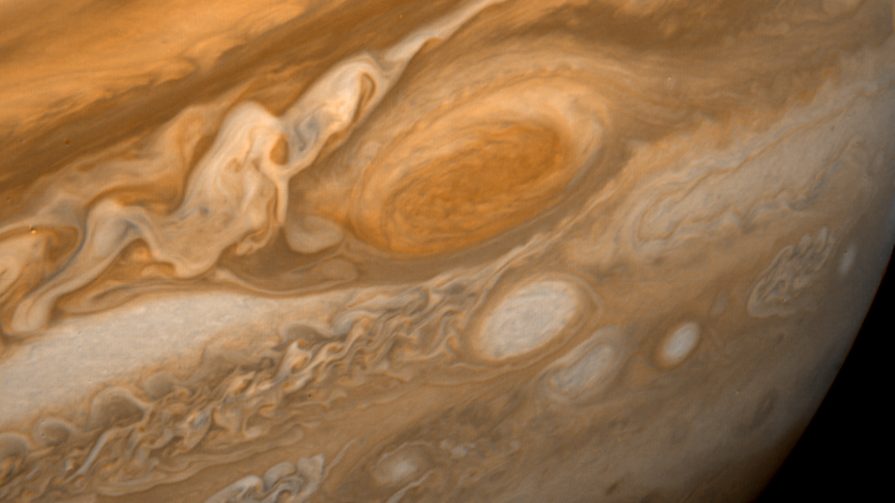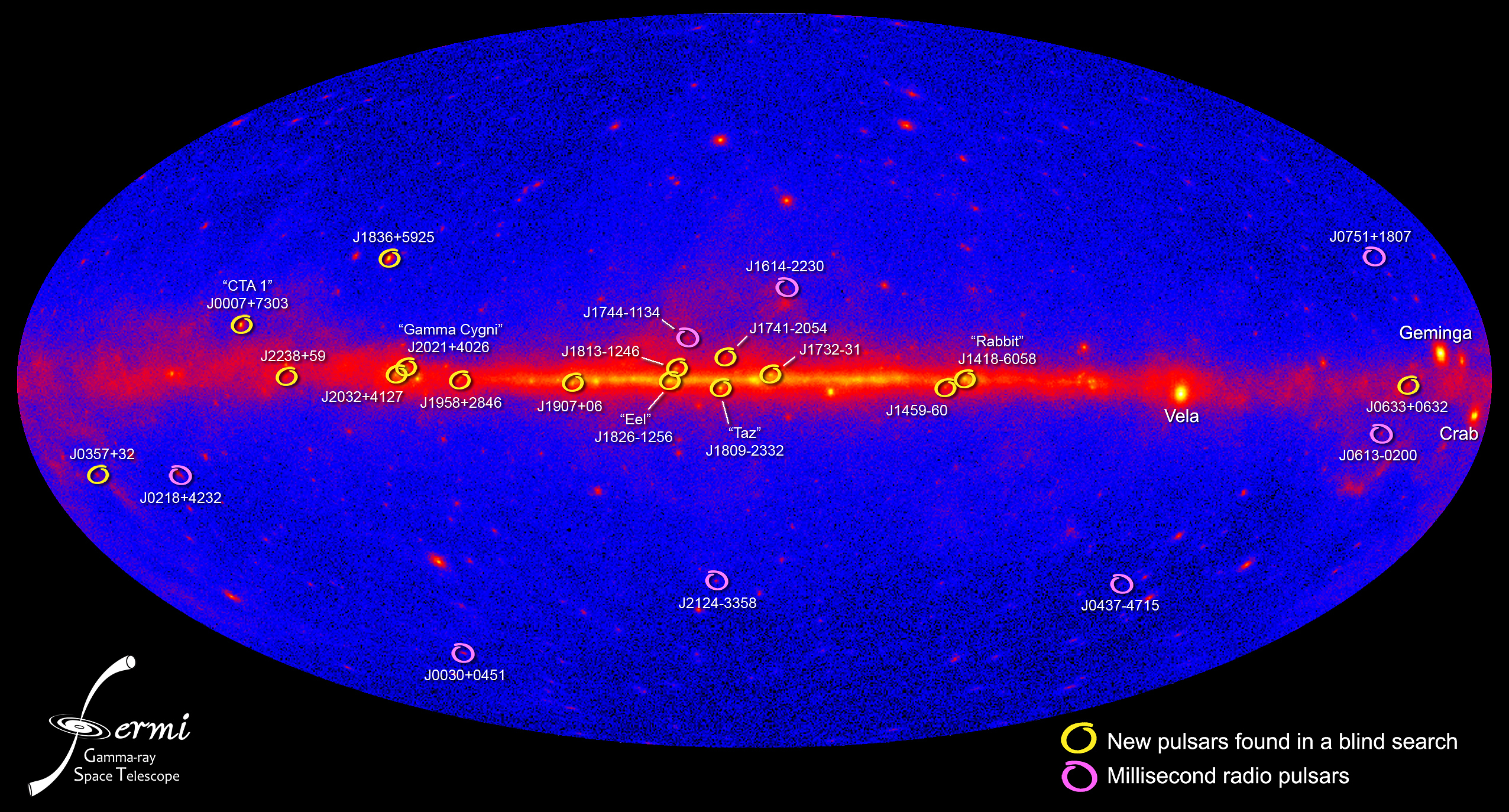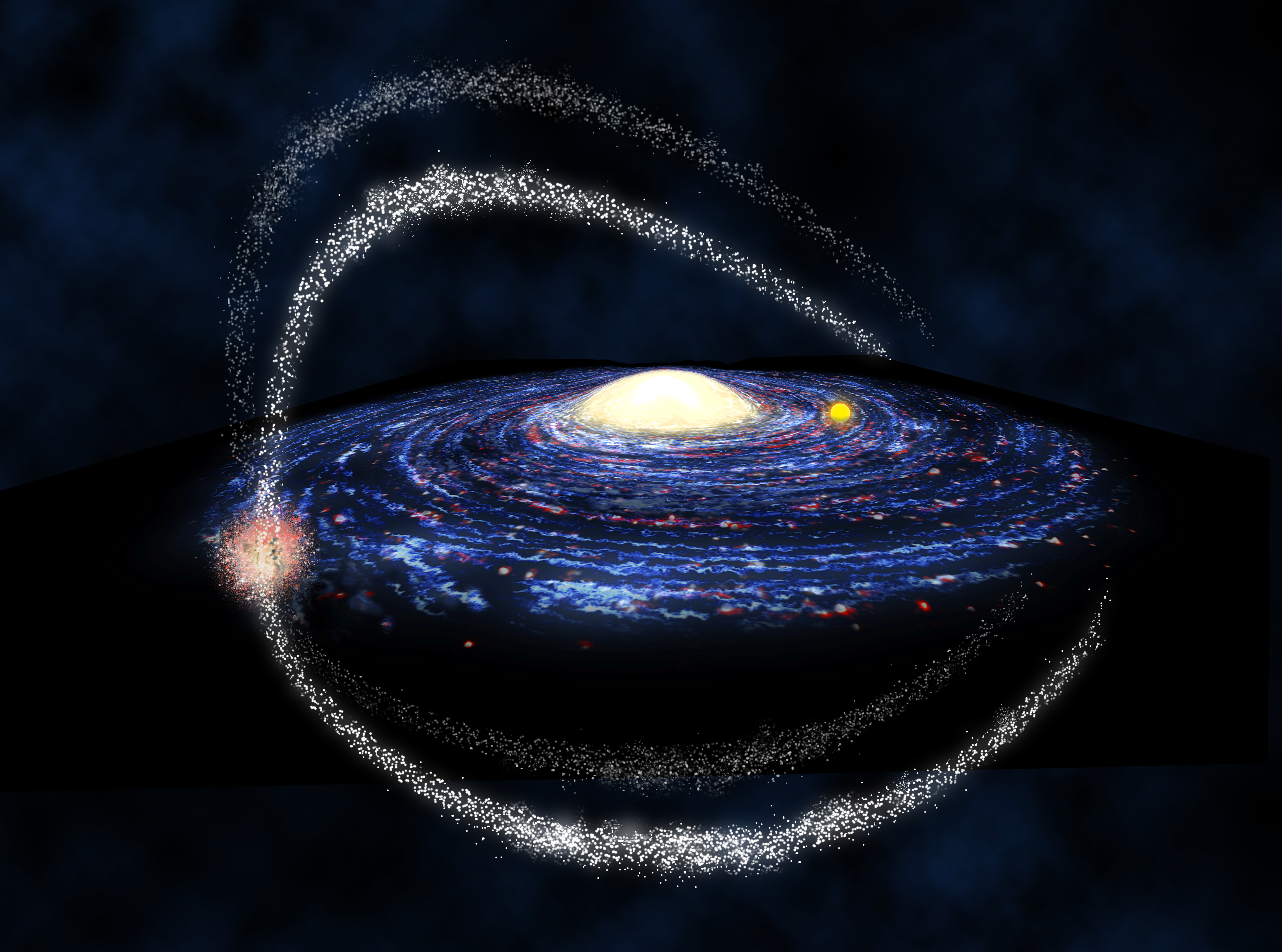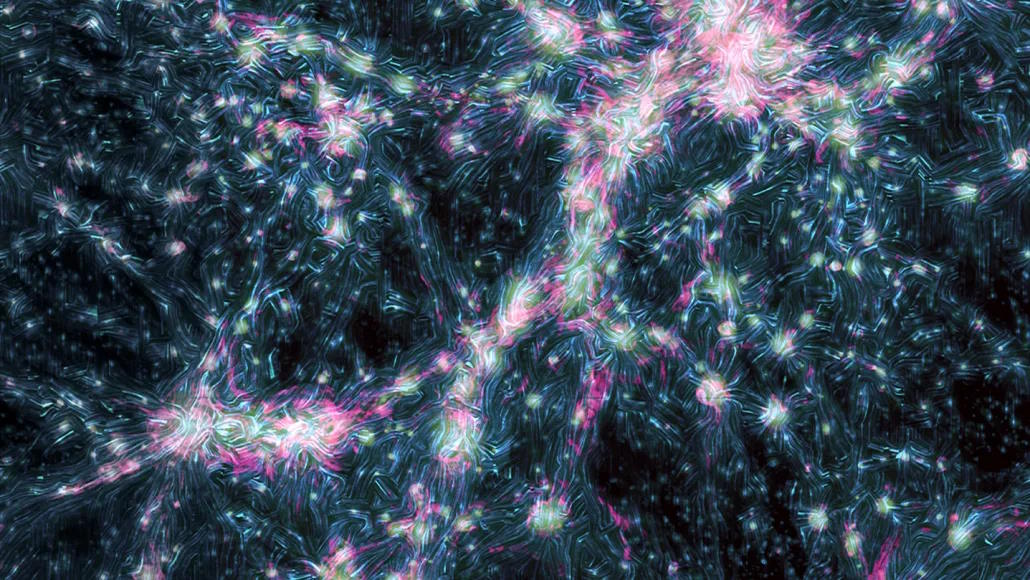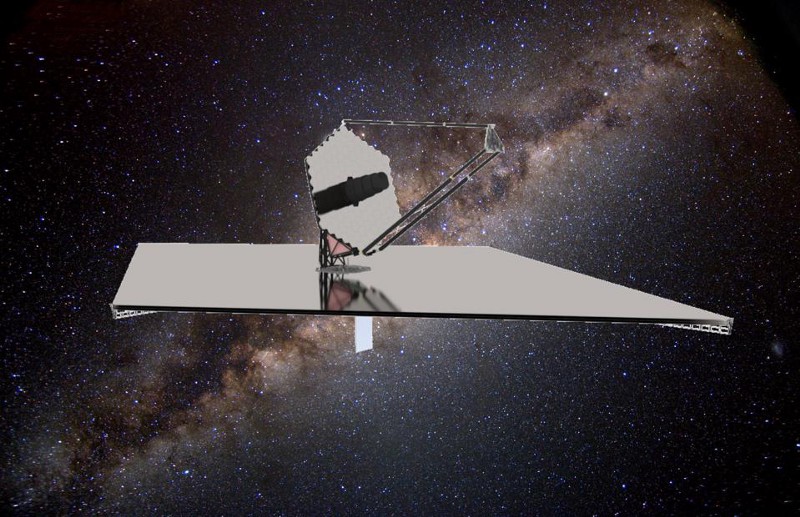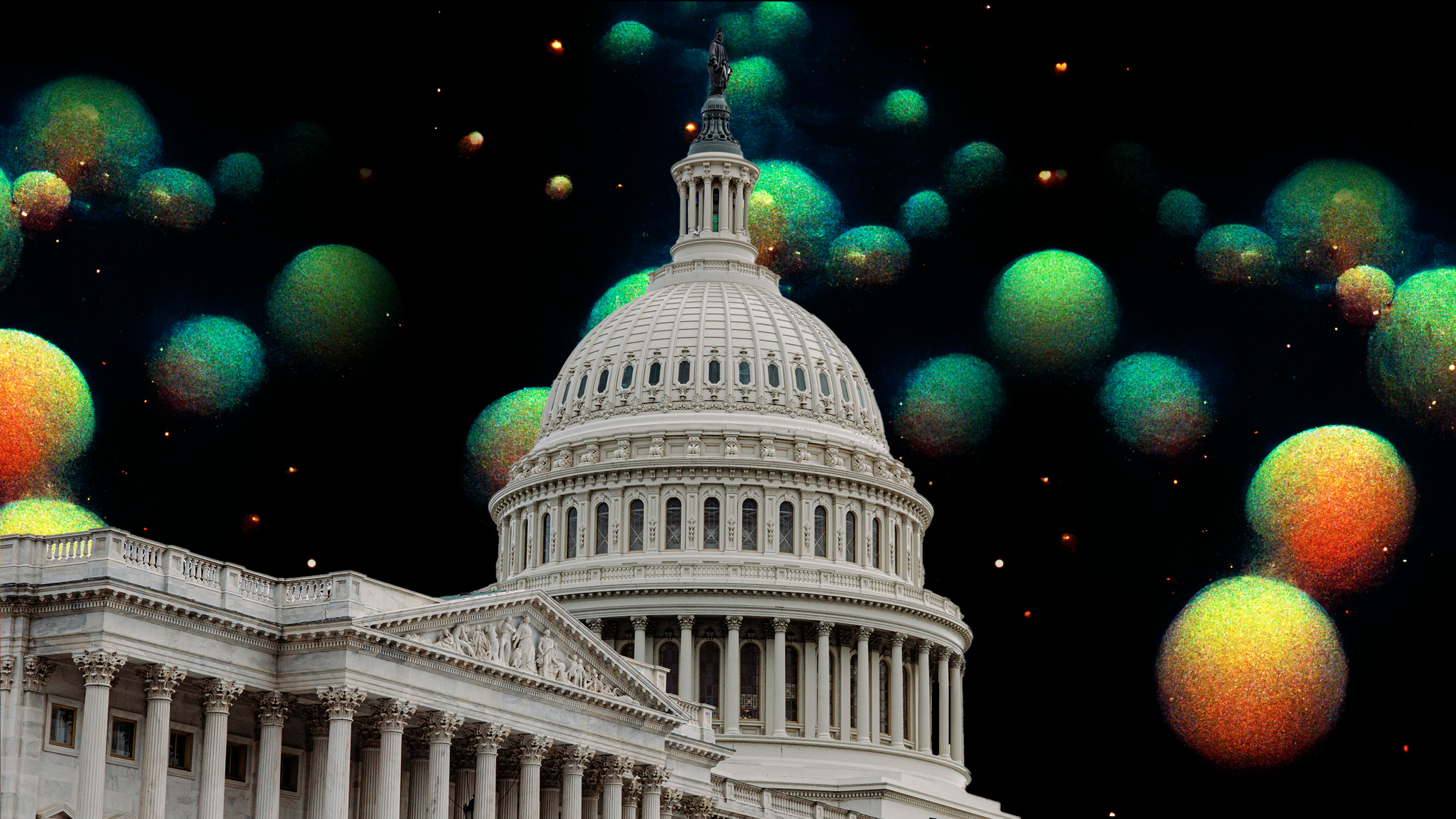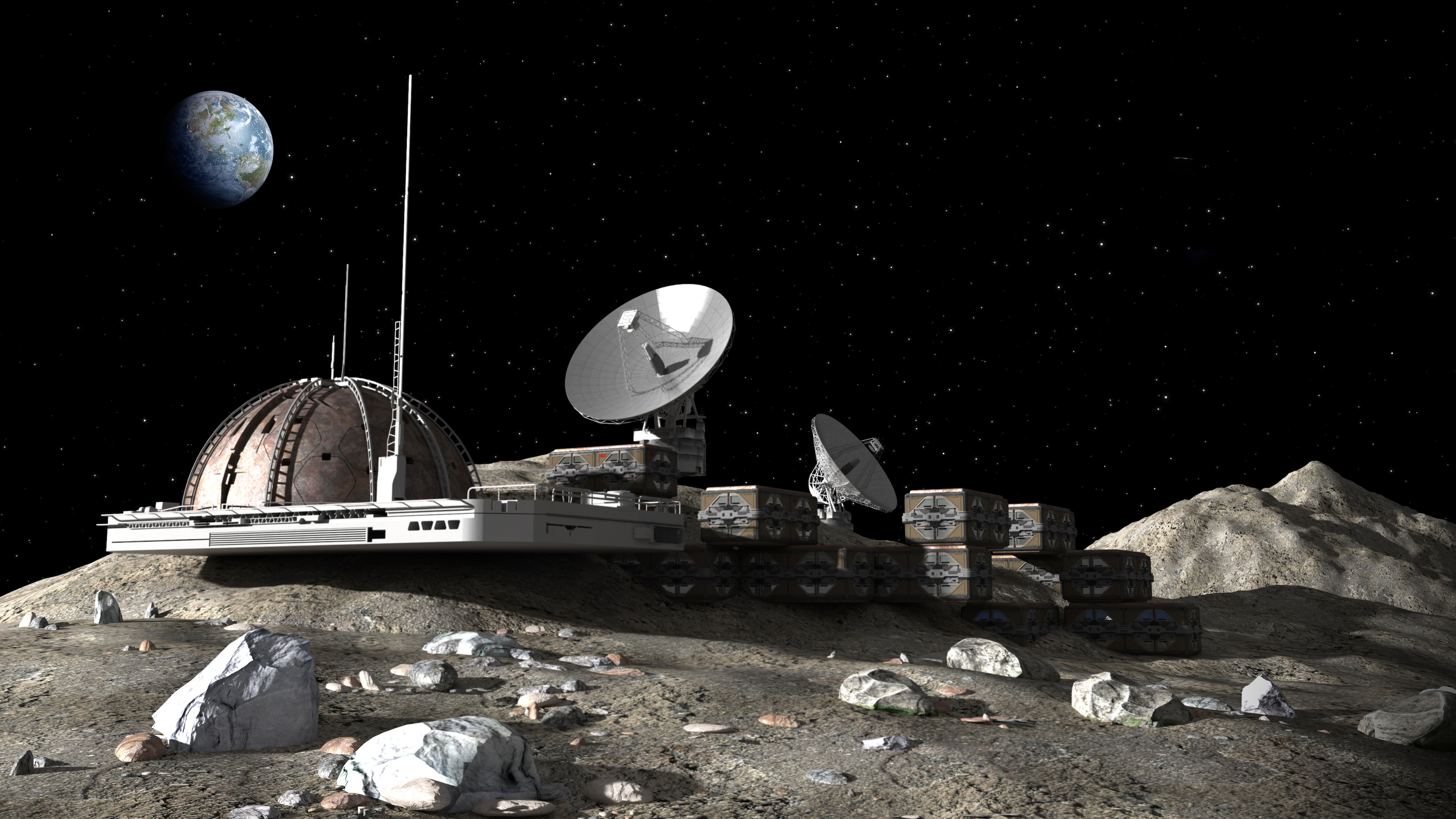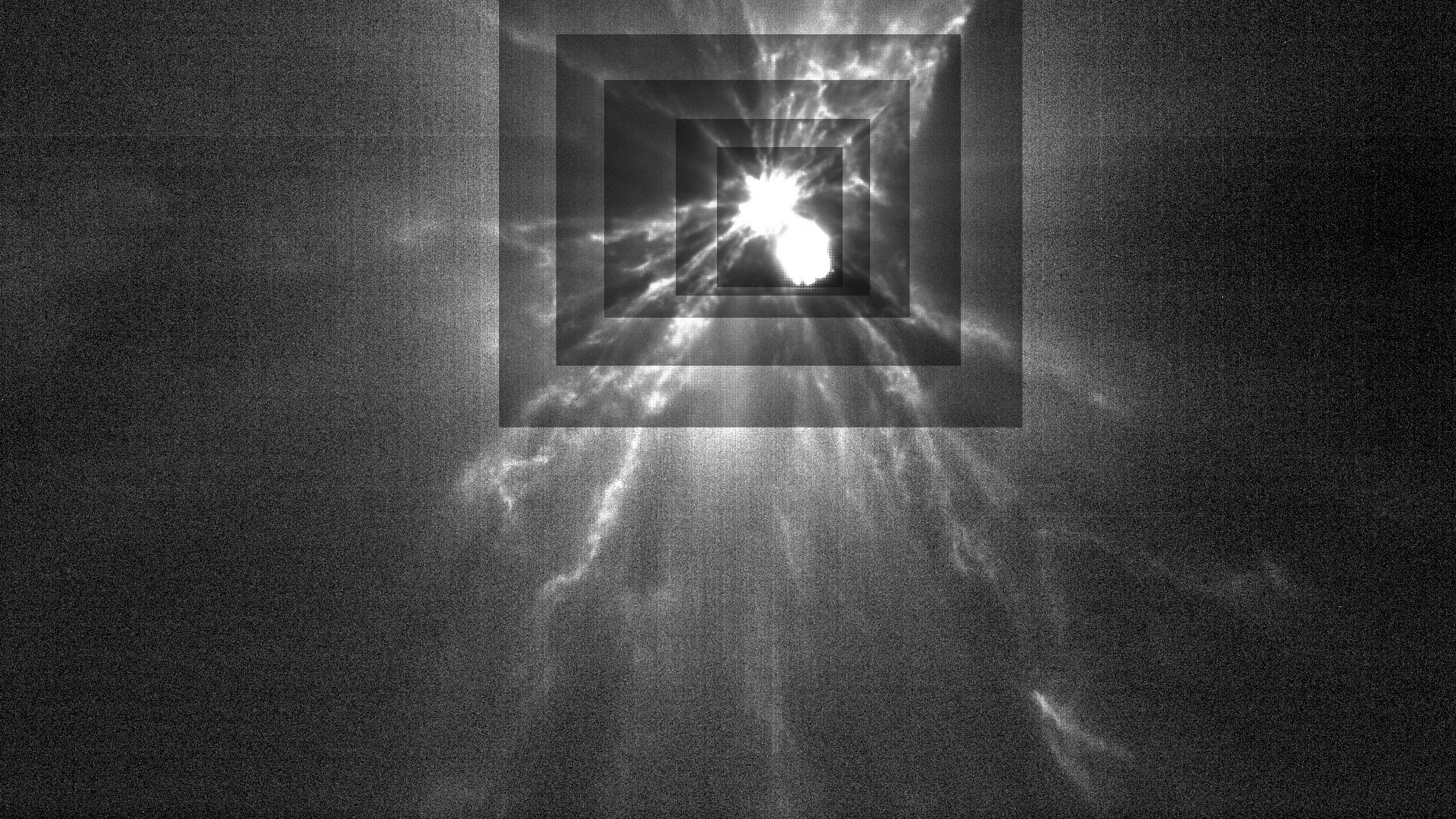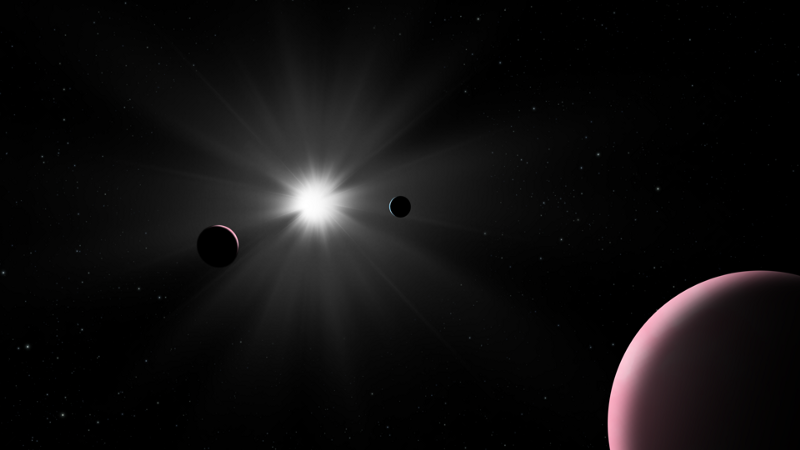Hubble, our greatest space-based observatory today, is just the beginning. The Hubble Space Telescope has been astronomy’s most revolutionary observatory in history. The stars and galaxies we see today didn’t […]
Search Results
You searched for: Telescope
Finding out we’re not alone in the Universe would fundamentally change everything. Here’s how we could do it.
In 1903, a Vermont doctor bet $50 that he could cross America by car. It took him 63 days, $8,000, and 600 gallons of gas.
Science has come a long way since Mary Shelley penned “Frankenstein.” But we still grapple with the same questions.
Planets can be Earth-like or Neptune-like, but only rarely are in between. This hot, Saturn-like planet hints at a solution to this puzzle.
Even if you aren’t in the path of totality, you can still use the solar eclipse to measure how long it takes the Moon to orbit Earth.
A Cambridge-based team claims to find molecules on an exoplanet that are only produced by life on Earth. Don’t fall for the unfounded hype.
The photometric filters for the Vera Rubin Observatory are complete and showcase why they are indispensable for astronomy.
Since the dawn of history, humans have pondered our ultimate cosmic origins. Now in the 21st century, science has gone beyond the Big Bang.
As Uranus approaches its solstice, its polar caps, rings, and moons come into their best focus ever under JWST’s watchful eye. See it now!
Hubble’s still going strong after 31+ years. James Webb will never make it that long. Every decision that’s made — in both astronomy and in life — comes with its own set of pros and […]
Scientific surprises, driven by experiment, are often how science advances. But more often than not, they’re just bad science.
The acceptance of our cosmic loneliness and the rarity of our planet is a wakeup call.
Ultracold gases in the lab could help scientists better understand the universe.
A Carrington-magnitude event would kill millions, and cause trillions of dollars in damage. Sadly, it isn’t even the worst-case scenario.
In 2017, we detected gold being forged in a neutron star-neutron star merger. Now, in 2024, the amounts created simply don’t add up.
Much like computing technology, the Great Red Spot has been getting smaller and faster over the last few years.
An enormous amount of antimatter is coming from our galactic center. But the culprit probably isn’t dark matter, but merely neutron stars.
In all the Universe, only a few particles are eternally stable. The photon, the quantum of light, has an infinite lifetime. Or does it?
Galactic archaeology has uncovered a spectacular find: the Milky Way already existed more than 13 billion years ago.
Astronomers claim to have found structures so large, they shouldn’t exist. With such biased, incomplete observations, perhaps they don’t.
If you want to find life in the Universe, this is how you do it. When it comes to uncovering the ultimate truths about reality, we can only reap what we […]
Do we still remember what we learned in the 1940s?
Besides offering an incredibly cool way to get stuff into space, SpinLaunch promises to reduce the cost of a launch by 20-fold.
“The stars made our minds, and now our minds look back.”
From astrobiology to geology, a Moon base could serve as a laboratory unlike anything on Earth.
Although the Big Bang occurred at an instant in time long ago, we still see the light from it. Will the evidence ever disappear completely?
You can’t throw a DART at everything in space.
From consciousness to nothingness and beyond, these questions still baffle the brightest minds. Will they ever be solved?
If our nearest star has an Earth-like planet, here’s how we’ll see it. As seen from up close, the signs of not only life, but our intelligent, technologically advanced human civilization […]
